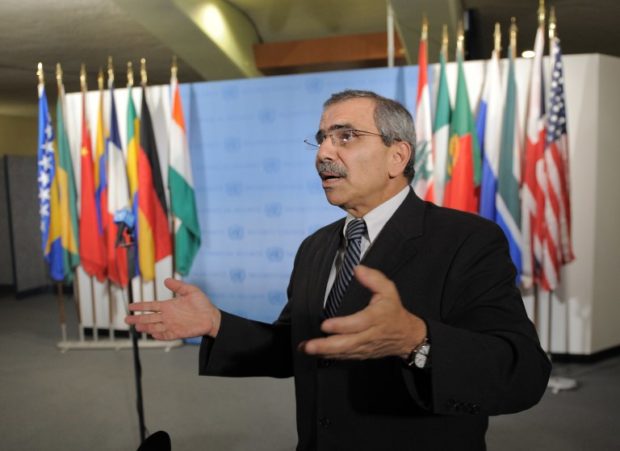United Nations, United States —UN General Assembly and Security Council members managed Thursday to award four out of five judges International Criminal Court seats, but the fate of candidates from India and Brazil hung in the balance.
After five rounds of voting, Nawaf Salam of Lebanon won his bid, as did current leader of the court Ronny Abraham of France, his vice president Abdulqawi Ahmed Yusuf of Somalia and Antonio Augusto Cancado Trindade of Brazil.
The 193 assembly members and 15 council members will reconvene Monday at 2000 GMT in the hopes of deciding between Indian candidate Dalveer Bhandari and British hopeful Christopher Greenwood.
The process has proved arduous: the 193 Assembly members and 15 council-members must choose the same candidates simultaneously while voting with paper ballots in separate rooms. To win a spot contenders must also obtain a majority of 97 votes in the Assembly and eight in the Security Council.
Regulation requires new ballots until both UN arms reach the same conclusion at the same time.
In the sixth round for the final judge seat, Bhandari won 115 votes in the General Assembly to Greenwood’s 76. But at the Security Council the result was reversed, necessitating another round of voting.
Throughout the day voting was interrupted with lengthy breaks, especially at the Council where just 15 members means a faster process.
The ICC is made up of 15 members, and a third of them are up for re-election every three years.
In 2014 it took seven rounds in the General Assembly and four in the Security Council to elect five judges.
Based in The Hague, the ICC is tasked with prosecuting those responsible for genocide, war crimes and crimes against humanity when national courts are unwilling or unable.
